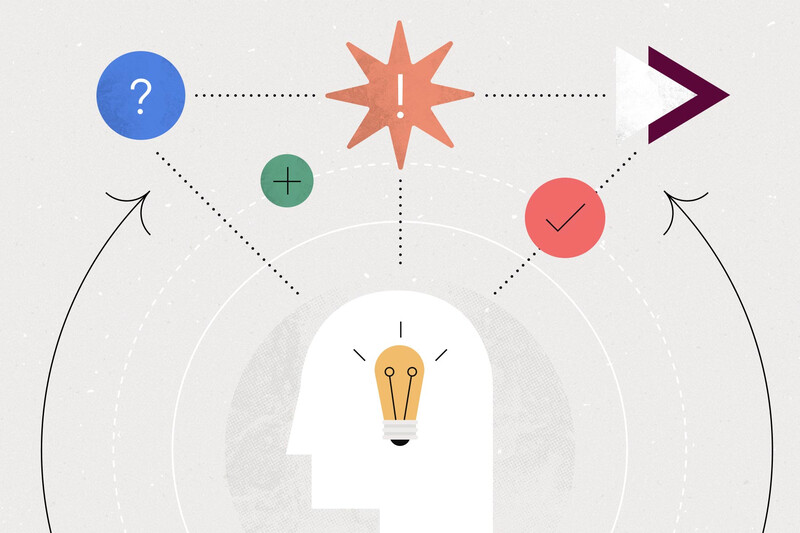Importance of Critical Thinking:
-
Effective Problem Solving: Critical thinking allows individuals to approach problems systematically, break them down into manageable parts, and develop solutions. This skill is invaluable in both personal and professional life.
-
Informed Decision-Making: Critical thinkers are better equipped to evaluate options, weigh pros and cons, and make decisions based on evidence and rationality, rather than relying on emotions or intuition.
-
Conflict Resolution: Critical thinking helps in understanding different perspectives and finding common ground during conflicts. It promotes effective communication and compromise.
-
Learning and Education: Critical thinking is essential for effective learning. It enables students to question, analyze, and understand information rather than passively accepting it. Instructors value critical thinking in their students.
-
Innovation and Creativity: Critical thinking often leads to creative solutions and innovative ideas. It encourages individuals to think outside the box and explore unconventional approaches.
-
Career Advancement: In the workplace, critical thinking is a highly valued skill. Employees who can analyze problems, propose solutions, and make sound decisions are assets to their organizations.
-
Life Skills: Beyond work and education, critical thinking is crucial for everyday life. It helps with financial decision-making, health choices, and personal relationships.
Techniques to Improve Critical Thinking:
-
Question Everything: Encourage a habit of questioning information, assumptions, and your own beliefs. Ask "why" and "how" to gain a deeper understanding.
-
Seek Diverse Perspectives: Consider various viewpoints and opinions. Engaging with people from different backgrounds and experiences broadens your perspective.
-
Develop Problem-Solving Skills: Break complex problems into smaller, more manageable components. Identify patterns, consider different solutions, and weigh their pros and cons.
-
Avoid Hasty Judgments: Don't rush to conclusions. Take time to gather information, evaluate evidence, and consider the implications of your decisions.
-
Use Critical Thinking Tools: Techniques like the Socratic Method (asking and answering questions to stimulate critical thinking), mind mapping, and the 5 Whys method can enhance your critical thinking skills.
-
Practice Active Listening: Truly listening to others and absorbing their perspectives is a key part of critical thinking. Avoid interrupting or forming judgments prematurely.
-
Read Widely: Expose yourself to diverse subjects and genres. Reading helps improve analytical and reasoning skills.
-
Cultivate Intellectual Humility: Be open to the possibility that you might be wrong. Accepting your limitations can lead to more robust critical thinking.
-
Solve Puzzles and Brain Teasers: Engage in activities that challenge your mind, such as puzzles, chess, or riddles. These exercises can sharpen your problem-solving skills.
-
Reflect on Your Thinking: Periodically review your thought processes and decision-making. Analyze your past choices and consider what you could have done differently.
Critical thinking is a skill that can be developed and refined over time. It requires a commitment to self-improvement and a willingness to continuously learn and adapt. By honing your critical thinking skills, you can enhance your ability to navigate the complexities of life and contribute positively to both your personal and professional spheres.




Comments (0)